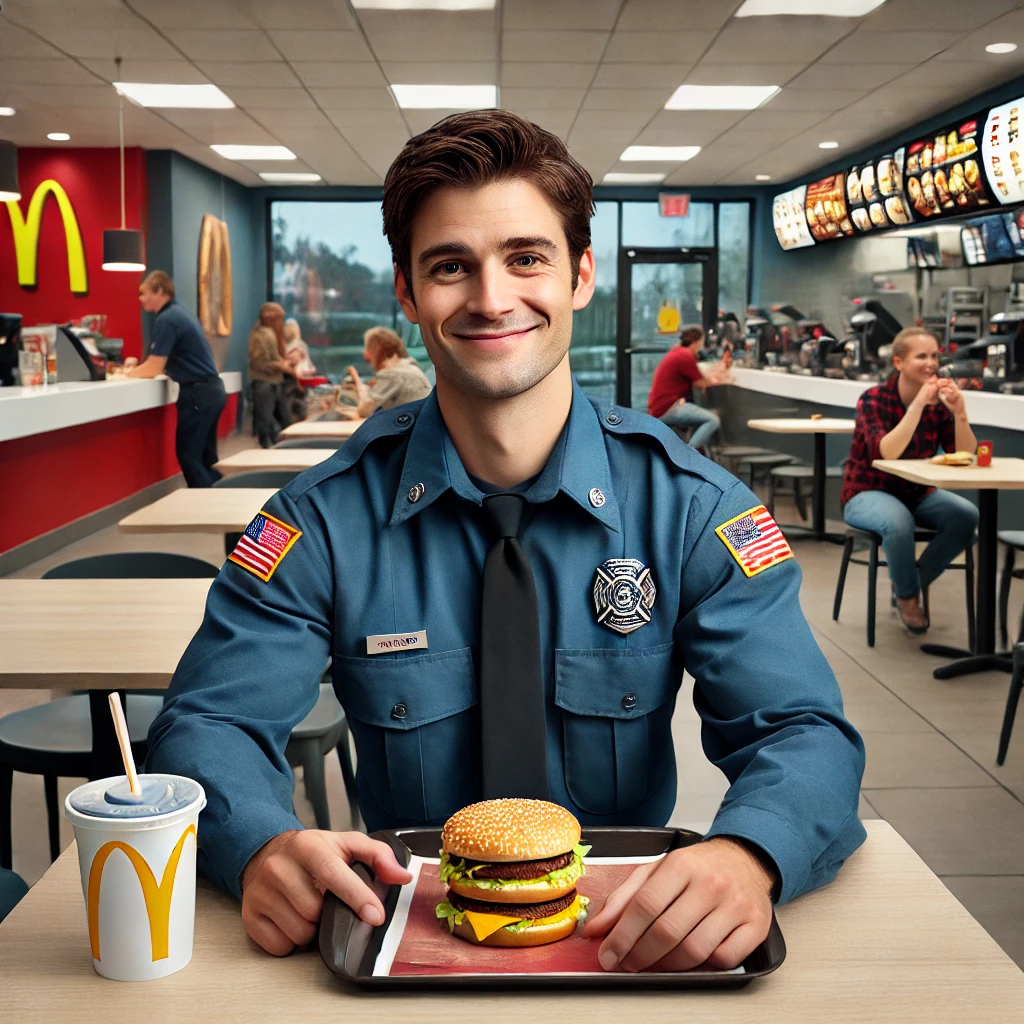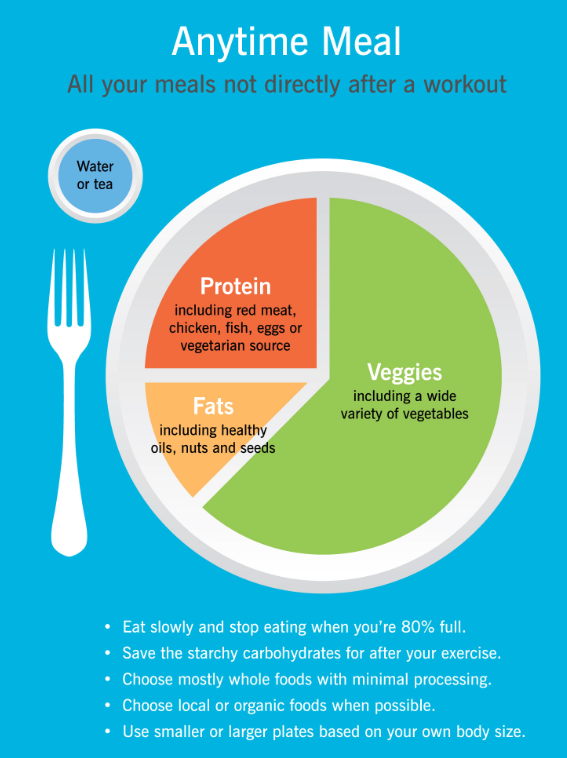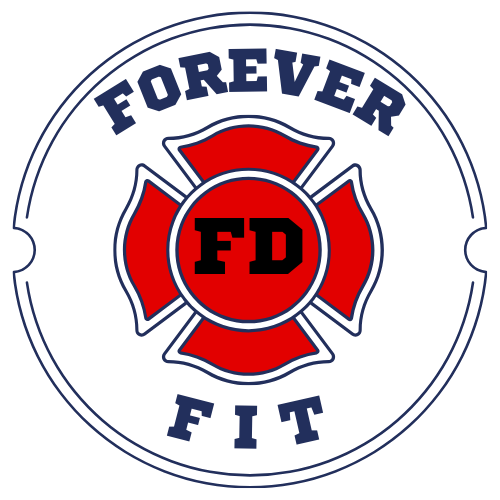Firefighters have tough jobs that demand a lot physically and mentally. It’s no surprise their diets can sometimes fall short. Without a solid eating plan, the high-stress environment can lead to unhealthy choices. Recognizing these common firefighter diet mistakes is the first step in making better food decisions.
One of the big culprits is not having enough time. A firefighter’s schedule can be unpredictable, making it easy to grab fast food or skip meals entirely. These rushed choices can lead to poor nutrition and energy dips during critical times.

Another issue is relying too much on processed foods. They might be convenient, but items like sugary snacks, processed meats, and sodas don’t provide the nutrients needed to maintain peak performance. This can affect everything from energy levels to cognitive function.
Hydration often gets overlooked. Dehydration can sneak up on you, especially during long shifts. Forgetting to drink enough water can lead to fatigue and impair physical performance, which isn’t ideal when you’re in demanding situations.
The final common mistake is not getting enough variety in the diet. Eating the same meals regularly might save time, but it can mean missing out on essential vitamins and minerals. Mixing up your diet ensures you get a broad range of nutrients to stay in top shape.
The Importance of Balanced Nutrition for Firefighters
Balanced nutrition isn’t just a buzzword; it plays a massive role in a firefighter’s performance. Proper nutrition fuels the body and mind, helping to handle the physical and mental demands of the job more effectively. But what exactly does balanced nutrition mean for firefighters?

First off, let’s talk about protein. For anyone in a physically demanding role like firefighting, protein is crucial. It aids in muscle recovery and growth, making sure you’re ready for the next call-out. Lean meats, beans, and nuts are fantastic sources of protein.
Carbohydrates often get the bad rap, but they are essential for firefighting. They are the body’s primary energy source. Opting for complex carbs like whole grains and vegetables can provide sustained energy rather than a quick, sugary fix.
Don’t forget about fats. Healthy fats, like those found in avocados, olive oil, and fish, are necessary for brain function and can help you feel full longer. These fats are far better than the trans fats found in many processed foods.
Vitamins and minerals shouldn’t be an afterthought. Foods rich in vitamins A, C, and E can boost the immune system and reduce inflammation. Iron-rich foods like spinach and red meat are vital for oxygen transportation in your blood, crucial when you’re exerting yourself physically.
The importance of hydration can’t be emphasized enough. Water supports almost every function in the body, from regulating temperature to aiding digestion. Staying hydrated can mean the difference between a clear mind and sluggishness, especially during a long shift.
A balanced approach to nutrition means including a mix of proteins, carbs, fats, vitamins, and minerals in your meals. Creating a varied diet helps in avoiding common firefighter diet mistakes and maintaining your overall health.
Strategies to Avoid Common Firefighter Diet Mistakes
Meal planning is a game-changer in avoiding common firefighter diet mistakes. By setting aside a bit of time each week to plan and prepare meals, you can ensure you have healthy options ready to go when your schedule gets hectic. Portioning out meals in advance minimizes the temptation to grab fast food or unhealthy snacks.
Choosing whole foods over processed options can make a significant difference. Whole foods like fruits, vegetables, lean meats, and whole grains are packed with nutrients your body needs. Processed foods, on the other hand, often contain added sugars, unhealthy fats, and preservatives that do more harm than good.
Snacking smartly is another excellent strategy. Opting for nutritious snacks, such as nuts, fruit, or yogurt, can keep energy levels stable throughout the day. It also helps avoid those mid-shift energy crashes that come from relying on sugary or carb-heavy snacks.
When you’re on the go, making healthier choices is crucial. It’s easy to fall into the fast-food trap, especially during back-to-back calls or long shifts. Packing a small cooler with balanced meals and snacks can be a lifesaver. Items like wraps, salads, and protein bars are portable and nutritious.
Don’t overlook the power of hydration. Keeping a water bottle handy at all times encourages you to drink more water. If plain water gets boring, adding slices of fruit for natural flavor can make it more appealing. Staying hydrated helps you stay at your best, both physically and mentally.
Special Considerations for Retired Firefighters
Dietary needs shift once firefighters retire. The physical demands of firefighting may lessen, but maintaining a healthy diet remains important. Avoiding common retired firefighter diet mistakes is key to a healthier, more fulfilling life post-career.
During retirement, there might be a tendency to indulge more, especially with more free time on your hands. While there’s nothing wrong with enjoying yourself, keeping indulgences in check can prevent weight gain and related health issues.
Nutrient needs also change with age. Foods rich in calcium and vitamin D are important for bone health, while fiber helps maintain a healthy digestive system. Including various fruits, vegetables, lean proteins, and whole grains can cover most of these needs.
Staying active is another aspect to consider. Physical activity complements a healthy diet and keeps you fit. It doesn’t have to be intense—even regular walks or light exercises can do wonders. Combine this with a balanced diet to create a holistic approach to health.
Listening to your body becomes more crucial as you age. Noticing how different foods make you feel and adjusting accordingly can help maintain optimal health. Some foods might cause discomfort or don’t sit well anymore, so it’s worth making a note and finding suitable alternatives.
Consider hiring a fitness and nutrition coach who can offer personalized advice, making it easier to avoid common retired firefighter diet mistakes. They can help tailor a diet plan that suits your new lifestyle and specific health needs.
Leave a comment with any questions or thoughts, ok?
